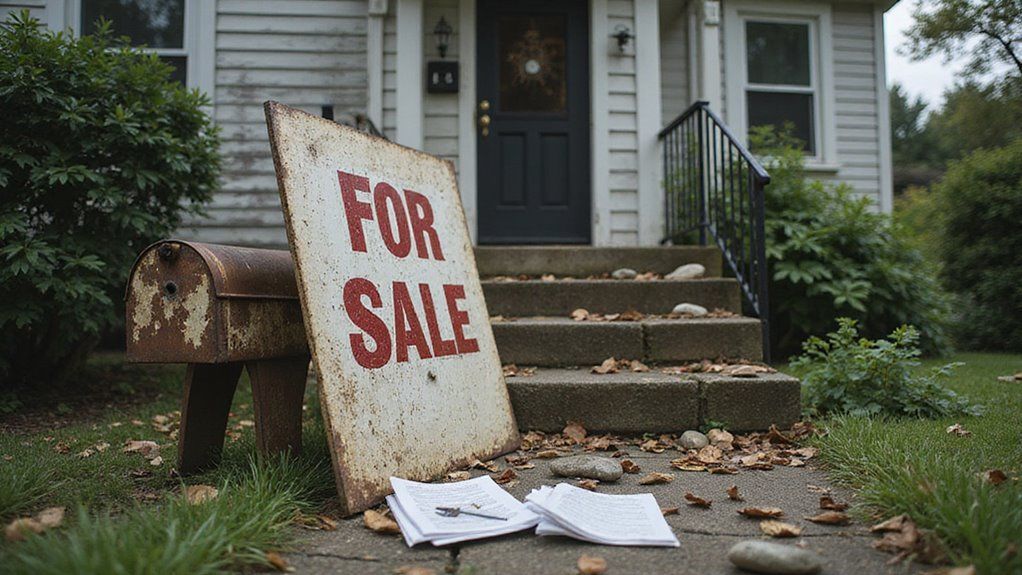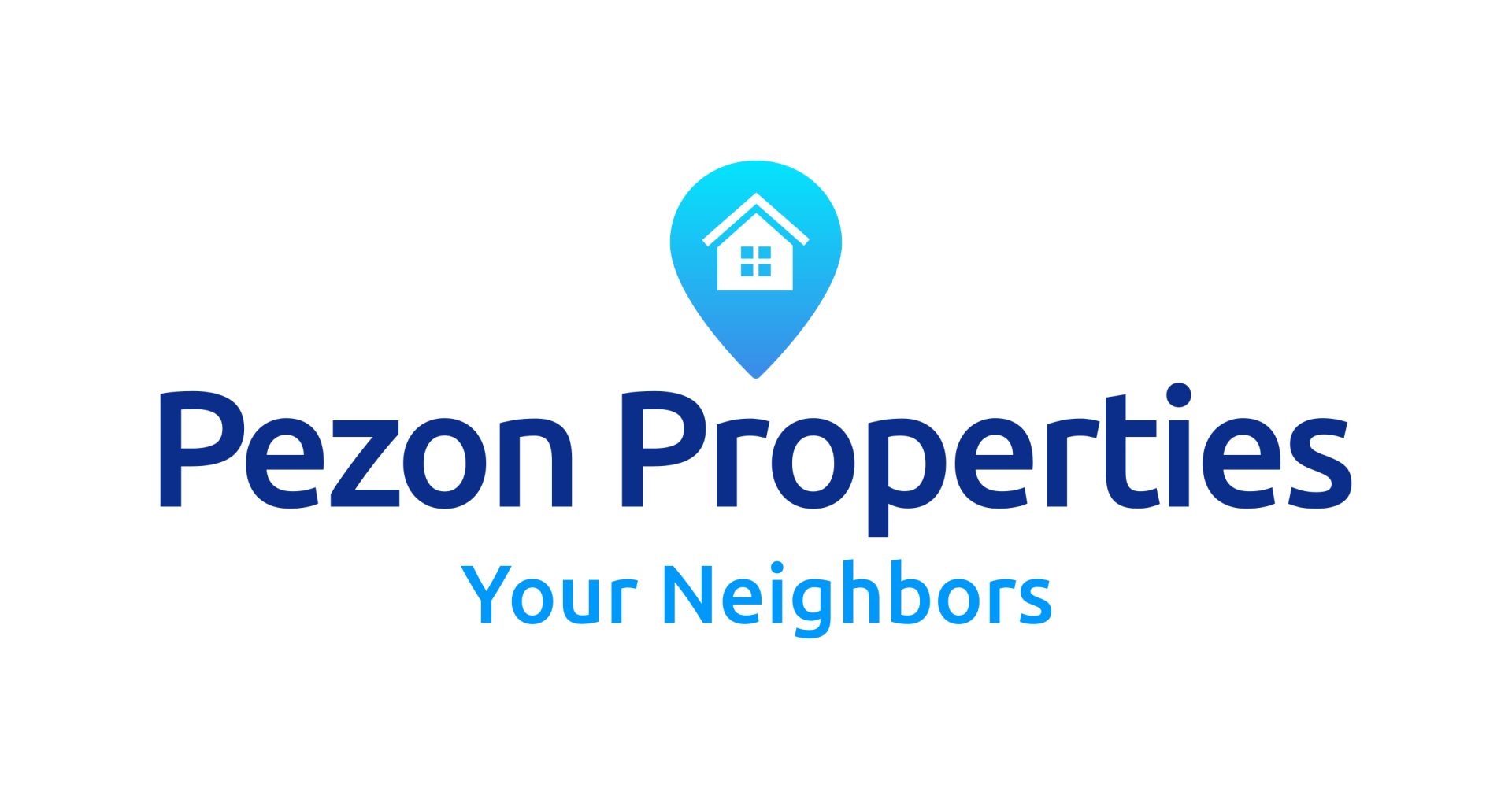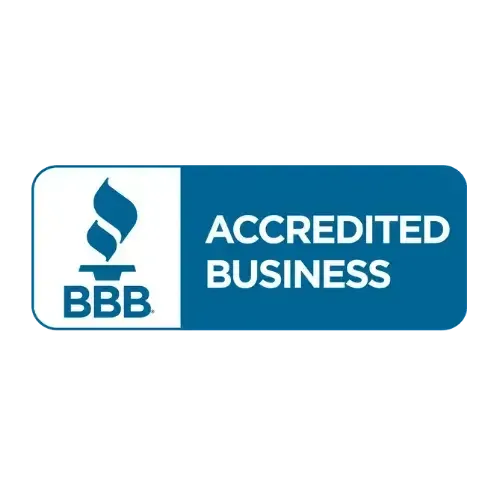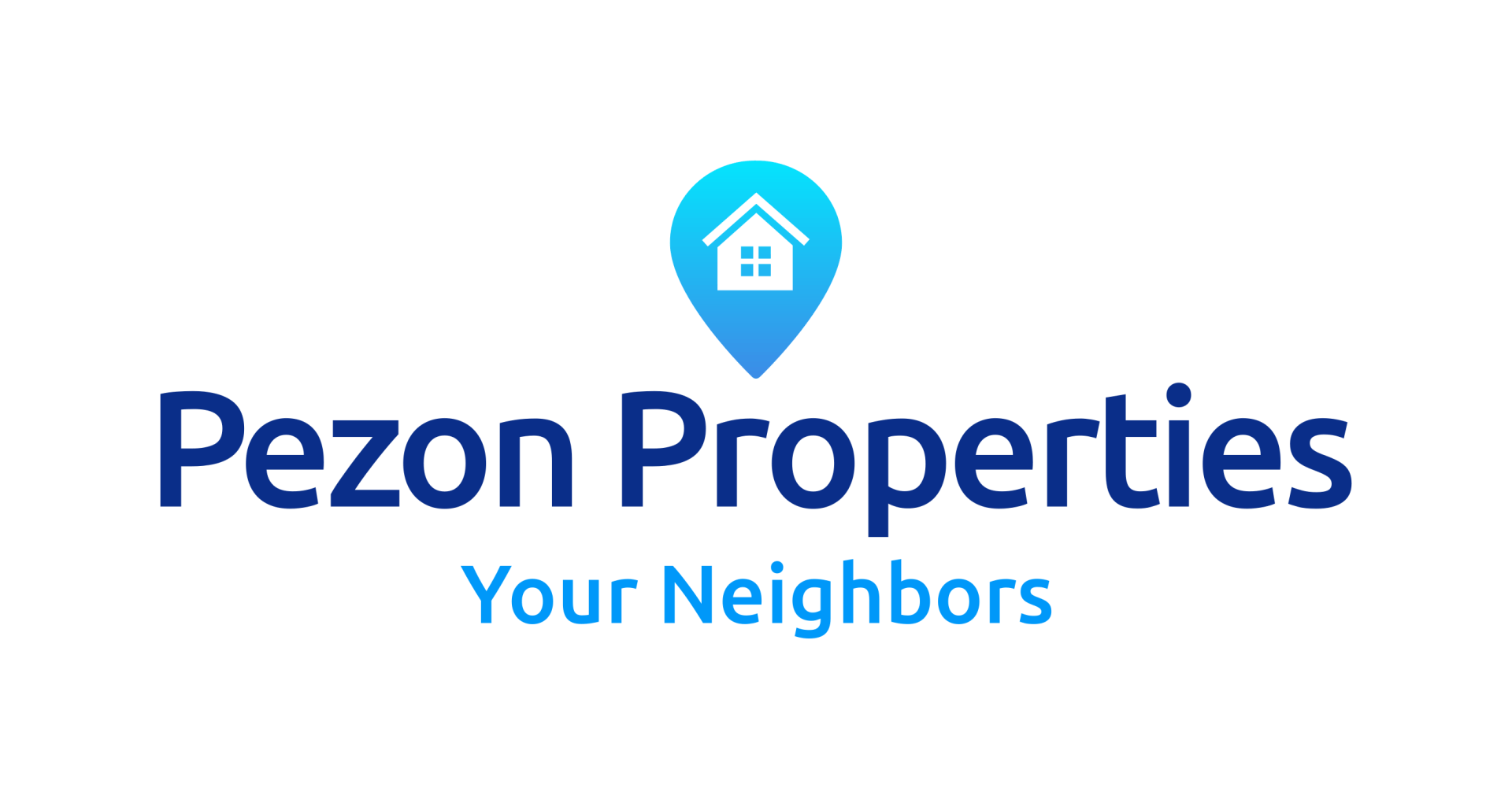Can You Sell a House While in Probate?

Grief-stricken families face enough challenges without the added complexity of property sales during probate. Selling a house while managing an estate creates legal hurdles and emotional strain for executors and heirs alike. Fortunately, with proper documentation and legal guidance, you can navigate these waters successfully.
Yes, you can sell a house during probate, but you must first establish legal authority as the executor. This requires obtaining short certificates from the Register of Wills and often securing court approval for the sale.
In this blog I will explore everything you need to know about selling property during the probate process.
What is Probate and How Does It Affect Home Sales?
You’ll need to understand Pennsylvania’s probate process before you can sell an inherited property. The court supervises how your deceased loved one’s assets transfer to beneficiaries, which directly impacts your legal authority to sell the house.
This process determines ownership rights, establishes your role as executor through short certificates from the Register of Wills, and sets specific timeframes you must follow to complete the sale.
Understanding the Probate Process
Probate transfers a deceased person’s property to heirs through court supervision. A judge validates the will and appoints an executor to manage estate affairs. In Pennsylvania, executors receive “short certificates” that grant legal authority to handle property sales. The estate retains ownership until the court approves distribution.
Executors selling property must follow specific requirements. Court approval is necessary before finalizing any property sales during probate. Additionally, all heirs and creditors must receive proper notification. As a result, the process protects all interested parties.
Timeline expectations vary based on complexity. Simple estates with clear documentation progress quickly through the system. However, estates with disputes or complex assets often require several months to resolve. The court prioritizes proper distribution over speed, ensuring all legal obligations are fulfilled.
Legal Ownership During Probate
The deceased’s estate owns the house during probate, not the executor. An executor manages property as a representative using legal authority from “short certificates.” These certificates come from the Register of Wills and grant power to handle assets.
When selling a home in probate, executors act on behalf of the estate, not as personal owners. This distinction matters for proper real estate transactions.
The executor must follow court procedures and fiduciary duties when transferring property. Furthermore, heirs don’t automatically receive ownership until probate concludes. The estate retains legal title throughout the process while beneficiaries wait for distribution.
Timeframes for Probate Completion
Pennsylvania probate typically takes six to twelve months to complete. Complex estates require more time to settle. The timeline varies based on court schedules, creditor claims, and beneficiary disputes. Property sales need additional court approval time.
Court backlogs often cause significant delays during busy periods. Family disagreements about the will can extend the process beyond a year.
Furthermore, complicated assets or unclear documentation may require extra legal attention.
Understanding these potential timeframes helps families prepare emotionally and financially. As a result, executors can set realistic expectations when managing estate matters.
Sell Your House Fast in Pennsylvania Without Expensive Repairs, Junk Removal, or Cleaning!!
We buy houses for cash in Pennsylvania! We will make you a Fast, Fair, Cash Offer To Buy Your House As-Is. There’s No Obligation To Accept. We are here to take the hassle out of selling your home.
Can You Legally Sell a House During Probate?

Yes, you can legally sell a house during probate, but specific requirements must be followed. Executors must obtain short certificates proving their legal authority to sell the property.
Court approval becomes necessary if any heirs dispute the sale. All beneficiaries and creditors need proper notification before proceeding.
The property requires professional appraisal to establish fair market value. After finding a buyer, you’ll submit final documentation to the Orphans’ Court.
This formal process protects everyone’s interests while ensuring the estate is properly managed. Proper preparation helps avoid delays that could frustrate potential buyers.
What Are the Different Types of Probate Sales?
Pennsylvania probate law offers several pathways for selling estate property, each with distinct requirements and timelines. Your executor can pursue a regular court-supervised sale, seek independent administration authority, qualify for summary administration if the estate is small, or complete a sale requiring formal court confirmation.
The type of probate sale you’ll use depends on your estate’s size, complexity, and whether beneficiaries agree on the sale terms.
Regular Probate Sales
Regular probate sales in Pennsylvania require court supervision for all major transaction steps. The executor needs court approval before finalizing any property sale. This process ensures transparency for beneficiaries and creditors involved in the estate.
The court requires a formal appraisal before listing the probate property. You must market through licensed real estate professionals. Subsequently, all offers need court presentation with complete documentation.
After submitting offers, you’ll wait for judicial confirmation before accepting terms. The sale closes only after receiving official court authorization. As a result, this structured approach protects everyone’s interests.
Pennsylvania law maintains legal compliance throughout the transaction process. The court’s involvement safeguards against potential disputes between heirs.
Independent Administration Sales
Independent administration allows faster home sales during estate settlement. You can sell property without court approval at each step, saving weeks or months of time.
Pennsylvania law still requires proper notification to heirs and correct distribution of proceeds. The streamlined process benefits all beneficiaries while you maintain your legal responsibilities.
Your authority extends to listing the property, negotiating offers, and completing closings independently. Furthermore, this approach reduces paperwork and court appearances. Most importantly, beneficiaries receive their inheritance sooner while you fulfill your fiduciary duties with less administrative burden.
Summary Administration for Small Estates
Pennsylvania offers a simplified probate process for small estates under the threshold value. This faster approach reduces delays and costs when selling property after someone’s death.
You’ll complete fewer court appearances and paperwork. Summary administration benefits include shorter waiting periods and lower legal fees.
Estates qualifying under Pennsylvania law face reduced documentation requirements and minimal court oversight. Beneficiaries receive assets more quickly.
The process still protects all heirs’ interests properly. Furthermore, you’ll gain faster access to sale proceeds. In addition to these advantages, most executors find the streamlined procedures much easier to navigate.
Sale with Court Confirmation
Court confirmation requires submitting your proposed sale to a judge for approval. The judge checks that the offer benefits the estate and follows probate laws.
All probate sales must meet specific legal requirements established by state law. This protection for beneficiaries adds time to your transaction.
The confirmation process typically extends your timeline by 3-6 weeks. During this period, the court reviews all documentation and allows for potential overbidding.
In many jurisdictions, confirmed sales must reach at least 90% of the property’s appraised value. Furthermore, all interested parties must receive proper notification before the confirmation hearing.
How to Sell a House While in Probate?
Selling a house during probate requires you to follow a specific legal process to transfer the property successfully.
You’ll need to secure your authority as executor, obtain a professional appraisal, market the property to potential buyers, and navigate the offer acceptance process. Most sales require court approval before closing, so you must understand when and how to petition the Orphans’ Court for permission.
Obtaining Legal Authority to Sell
You need court approval to sell probate property in Pennsylvania. The executor must get short certificates from the Register of Wills as proof of legal authority. These documents allow you to list the property and complete transactions.
File the deceased’s will with the Register of Wills office first. Submit all required probate paperwork carefully. The court will review your application before granting authority.
Afterward, you’ll receive official short certificates confirming your appointment. If any heirs dispute the sale, additional court approval becomes necessary. Title companies and potential buyers will request these documents during transactions. Your legal authority protects all parties involved in the sale process.
Property Appraisal and Valuation
Not all probate properties require professional appraisals. Valuation requirements depend on state laws and estate complexity. Pennsylvania courts typically accept informal valuations for smaller estates.
Licensed appraisers provide detailed reports when needed for larger estates or disputed properties. This documentation protects beneficiaries and satisfies legal requirements.
Your executor responsibilities include documenting property conditions and addressing liens affecting value. Furthermore, accurate valuations help determine listing prices and ensure fair distribution among heirs. Updated assessments may become necessary if significant time passes before sale. Proper valuation prevents legal challenges later in the process.
Listing and Marketing the Property
Effective marketing is vital for selling a probate property. Always disclose the probate status in all listings to maintain legal compliance. State laws require full disclosure of probate status to potential buyers.
Set a competitive price based on professional appraisal and current market analysis. Complete necessary repairs before showing the property to maximize appeal. First impressions matter significantly to buyers considering probate properties.
Prepare all required legal documentation for interested parties to review. Furthermore, be transparent about timeline expectations with potential buyers. Probate sales typically take 30-90 days longer than traditional real estate transactions. Clear communication helps manage buyer expectations and reduces last-minute cancellations.
Accepting Offers and Negotiations
Document all offer details for court review. Keep complete records of price, terms, and buyer qualifications. Courts require clear evidence that you accepted the best possible offer for the estate.
Negotiate terms that balance fair market value with practical considerations. Serious buyers typically understand probate timelines and requirements. This understanding helps streamline the approval process.
After acceptance, promptly submit the offer to the court with supporting documentation. Explain why this offer serves the beneficiaries’ interests best. Most probate courts look for evidence that you marketed the property effectively and considered multiple options when available.
Court Approval Requirements
Court approval is mandatory for most probate property sales in Pennsylvania. This requirement protects the estate’s interests. A probate attorney can help navigate this process efficiently.
Pennsylvania law mandates filing a petition with the Orphans’ Court before selling probate property. This petition must detail the property and proposed terms. You must also notify all beneficiaries about the intended sale. Additionally, an appraisal showing fair market value must be submitted.
The court may schedule a hearing to review your case. If satisfied with the petition, the court will issue a signed order. This order serves as legal permission to complete the transaction. Furthermore, your attorney will ensure all documentation meets legal standards.
Closing the Sale
Finalizing the sale happens after court approval. You must coordinate with the title company to clear liens and handle taxes. All estate proceeds require proper documentation for the estate account. Standard real estate procedures apply, but you’ll sign as executor.
After closing, funds must be distributed according to court orders. Pennsylvania inheritance tax requirements must be followed during fund distribution. Maintain complete records of every transaction.
Remember, you have a legal responsibility to both heirs and the court. Personal representatives are accountable for proper handling of all estate assets. The court expects transparent management of all funds received from the property sale.
What Challenges Might You Face When Selling in Probate?

Selling a house during probate presents distinct obstacles that can slow your transaction and increase costs. You’ll likely encounter timeline delays from court schedules, approval complications, heir disputes over the sale terms, and buyer hesitations due to probate restrictions.
Understanding these challenges upfront helps you prepare strategies to minimize their impact on your sale.
Timeline Delays
Probate sales typically take 6-9 months to complete, sometimes extending beyond a year. This lengthy process creates uncertainty for both sellers and buyers.
Court backlogs can delay hearing dates by 4-6 weeks in most jurisdictions. The mandatory creditor notification period requires at least 30 days in all states.
Family conflicts may extend this timeline further, especially when beneficiaries disagree about sale terms. Incomplete paperwork is a common stumbling block. Many buyers grow hesitant when faced with undefined closing dates.
Furthermore, each county follows different probate procedures, adding another layer of complexity. As a result, advance planning becomes essential for anyone selling property through probate.
Court Approval Complications
Court approval requires multiple layers of scrutiny when selling inherited property. Pennsylvania’s Orphans’ Court must verify the sale price reflects fair market value through at least one professional appraisal. Judges can reject offers they consider too low. This process adds weeks to your timeline and creates uncertainty for potential buyers.
Having multiple heirs makes the process more complex. Any beneficiary can object to the proposed terms. These objections may trigger additional hearings. As a practical step, obtain appraisals early in the process. Furthermore, communicate openly with all stakeholders during negotiations.
Potential Heir Disputes
Preventing inheritance conflicts requires documentation and professional help. Always record all communications with family members in writing. Save emails, texts, and meeting notes as evidence.
Mediation offers a less expensive alternative to court battles. A neutral third party helps heirs reach agreements through structured discussion. Legal disputes through courts can cost 10-20% of the estate value.
Professional appraisals establish fair property values to prevent disagreements. Experts provide unbiased assessments based on market conditions.
Estate attorneys clarify each beneficiary’s legal rights under state law. They interpret will language and advise on inheritance options.
When informal resolution fails, formal petitions must be filed with Orphans’ Court. This specialized court handles estate disputes according to established procedures.
Buyer Hesitations
Buyers often avoid probate properties because of perceived risks and delays. Many fear court approval problems, lengthy closings, and potential heir conflicts. These concerns can derail sales if not properly addressed.
Clear communication resolves most buyer hesitations. Provide complete documentation about the probate status and timeline expectations. Find real estate agents who specialize in probate sales. Probate properties typically sell for 5-15% below market value to offset perceived risks.
A qualified probate attorney demonstrates professionalism to hesitant buyers. Their expertise streamlines the process and prevents complications. This partnership shows your commitment to a smooth transaction. Potential buyers feel more confident when they see a well-managed probate sale.
What Are the Financial Implications of Probate Sales?
You’ll need to budget for several expenses when selling a house in probate, including court fees, appraisal costs, and attorney charges.
Pennsylvania’s inheritance tax will apply to the property’s value, and you must settle any outstanding mortgages or liens from the sale proceeds before distribution.
Once all debts and costs are paid, the remaining funds get distributed to heirs according to the will or state law.
Probate Fees and Costs
Probate fees in Pennsylvania reduce the final value of an estate during property sales. These mandatory costs impact the money available for heirs and creditors.
Estate administration requires payment of Register of Wills filing fees and court charges. Executors receive compensation based on the estate’s value for their services. Legal representation throughout the process adds attorney fees to the total costs. Furthermore, property sales involve appraisal expenses and real estate commissions.
Pennsylvania law requires inheritance tax payment on transferred property. All these expenses must be calculated when determining the net proceeds from a house sale. The remaining funds then become available for debt payments and distribution to beneficiaries.
Tax Considerations
Inherited property receives a stepped-up cost basis at the time of inheritance. This means the property’s value resets to its fair market value on the date of death.
You only pay capital gains tax on appreciation that occurs after you inherit the property. The deceased’s original purchase price becomes irrelevant for tax purposes. This tax advantage often results in significant savings when you sell. Your tax liability depends on how long you hold the property before selling.
Federal capital gains rates vary from 0% to 20% based on your income bracket. State taxes may also apply depending on your location. Always consult with a tax professional for personalized advice about your specific inheritance situation.
Mortgage and Lien Settlements
Mortgages and liens must be paid from probate property sale proceeds before heirs receive money. The executor handles all debt settlements at closing to transfer clear title.
Primary mortgages are paid first from sale proceeds. Property tax liens require immediate settlement. Home equity loans and second mortgages come next in priority. Mechanic’s liens from contractors need resolution before completing the sale.
Furthermore, judgment liens against the deceased must be addressed according to Pennsylvania law. Once all debts are cleared, the remaining funds go to the heirs. This process ensures buyers receive property with clean title. In the meantime, the executor manages all financial obligations throughout the settlement process.
Distribution of Proceeds
Sale proceeds are distributed according to a specific order in Pennsylvania probate cases. First, funeral expenses and estate administration costs must be paid.
Second, all outstanding debts and creditor claims need settlement. Pennsylvania inheritance tax payments come third and can’t be skipped when selling a home after death.
The remaining money goes to beneficiaries based on the will or state law. This process requires careful record-keeping. You should maintain receipts, payment records, and signed acknowledgments from recipients. As a result, everyone’s interests remain protected. The executor has a legal duty to follow this distribution sequence while honoring the deceased’s wishes.
Need to Sell Your Probate Property Quickly? Contact Pezon Properties
Pezon Properties buys probate properties quickly in Pennsylvania. We help executors close estates efficiently during difficult times. Our cash offers eliminate waiting for buyer financing approval. Direct purchases often reduce your required court appearances. Pennsylvania probate law procedures become simpler with our professional guidance.
We handle the entire process based on your timeline needs. Your property sells as-is without repairs or updates. This saves you time, money, and stress while managing estate responsibilities.
Additionally, our team understands the emotional aspects of settling a loved one’s affairs. Let us simplify this responsibility while you focus on what matters most.
A Little About Pezon Properties
Pezon Properties is a local, family-owned home buying business that helps homeowners sell their properties quickly and easily without the stress of selling the traditional way.
We simplify the home selling process and eliminate the hassles that come with selling your home. You are provided with solutions, convenience, and a great customer experience. We are easy to work with and do fair, win-win deals.
We are not flippers or wholesalers looking to make a quick profit. We are from the Lehigh Valley and invest back into the community to make it a better place for us all to live. We have been working directly with our neighbors to buy homes since 2014.
Whether you are
tired of being a landlord, inherited a property that you do not want, are facing divorce or financial issues, or want to sell quickly without the headaches, reach out to us today and we will help you in any way we can.
484-484-0971.












